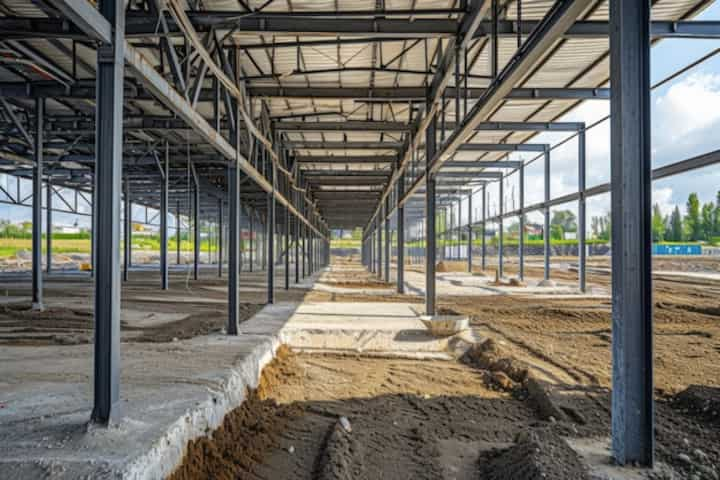
Professional Soil Stabilization Services for Local Projects
Soil stabilization is a crucial aspect of construction and civil engineering projects, ensuring that the ground can support structures without the risk of shifting or settling. This process enhances the physical properties of the soil, making it more durable and reliable for building foundations, roadways, and other infrastructure. As local projects continue to expand and evolve, the demand for professional soil stabilization services has become increasingly important. This article explores the various methods and benefits of soil stabilization, providing insights into why it is an essential component for any construction project.
Understanding Soil Stabilization
Soil stabilization involves the alteration of soil properties to improve its strength and durability. This can be achieved through mechanical, chemical, or biological means, each with its specific applications and benefits.
Mechanical Stabilization
Mechanical stabilization uses physical methods to enhance soil properties. This includes:
- Compaction: Compressing the soil to increase its density and bearing capacity.
- Reinforcement: Adding materials such as geotextiles or grids to improve soil stability.
Read more about this topic at this detailed guide.
Chemical Stabilization
Chemical stabilization involves the use of additives to modify the soil's chemical properties. Common methods include:
- Lime Stabilization: Adding lime to reduce plasticity and increase soil strength.
- Cement Stabilization: Incorporating cement to bind soil particles, creating a more rigid structure.
Explore further insights here.
Biological Stabilization
This method utilizes natural processes and materials, such as plant roots, to stabilize soil. It is a sustainable approach that helps prevent erosion and supports the ecosystem.
Find additional information here.
Benefits of Professional Soil Stabilization
Engaging professional soil stabilization services offers numerous advantages for local projects, including:
- Enhanced Load-Bearing Capacity: Stabilized soil can support heavier structures, reducing the risk of foundation failure.
- Improved Durability: Treated soil is more resistant to weathering and erosion, prolonging the lifespan of construction projects.
- Cost Efficiency: By preventing structural issues and reducing maintenance needs, soil stabilization can lead to significant cost savings.
- Environmental Protection: Proper stabilization techniques help minimize environmental impact and promote sustainable construction practices.
Learn more in this detailed guide about the benefits of soil stabilization.
Applications of Soil Stabilization in Local Projects
Soil stabilization is applicable in various types of local projects, such as:
Residential Construction
Ensuring stable foundations for homes is crucial. Soil stabilization can prevent issues like uneven settling and foundation cracks. Explore further insights here.
Road and Highway Construction
Stabilized soil is vital for the longevity and safety of roads. It provides a solid base that can withstand heavy traffic and adverse weather conditions. Read more about this topic.
Industrial and Commercial Developments
For large-scale industrial and commercial projects, soil stabilization ensures that the infrastructure can support substantial loads and maintain structural integrity over time.
Find additional information here.
Conclusion
Professional soil stabilization services are integral to the success of local projects, providing enhanced stability, durability, and cost-effectiveness. As construction demands continue to grow, understanding the various methods and benefits of soil stabilization becomes increasingly important. By investing in professional services, project managers and engineers can ensure that their developments are built on a solid foundation, capable of withstanding the test of time.